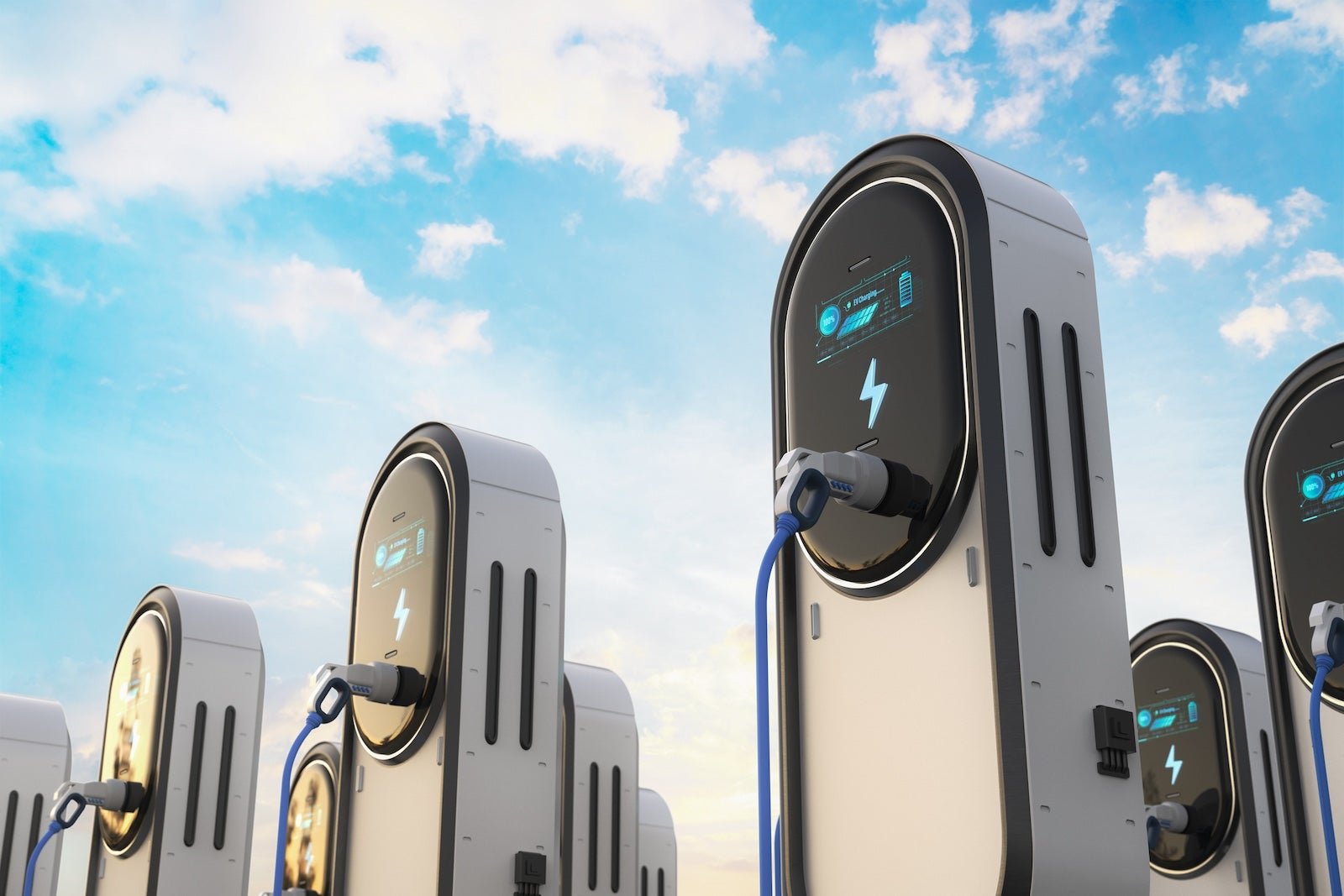The White House is taking steps to address one of the biggest barriers to widespread adoption of electric vehicles (EVs) in the United States: the lack of a robust charging network. On Thursday, President Joe Biden announced $623 million in funding for 47 EV charging and alternative-fueling infrastructure projects in 22 states and Puerto Rico. This funding is part of the Biden administration’s larger investment in building a nationwide EV charging network.
Range anxiety, or the fear of running out of battery power while on a long road trip, has been a major concern for consumers considering EVs. Currently, there are only around 170,000 public chargers available to charge the estimated 4 million EVs on American roads. To address this issue, the government aims to have at least 500,000 public chargers across the country by 2030.
Shailen Bhat, administrator of the Federal Highway Administration (FHWA), expressed confidence that the 500,000 charger goal could be reached before 2030. He compared the challenge of building out the charging network to the construction of the interstate system in the 1950s and ’60s. Bhat believes that technology, such as apps and mapping tools, will play a crucial role in helping EV drivers locate and use charging stations.
In addition to funding for new charging stations, the government also plans to address the reliability of existing chargers. Common issues with charging stations include connectivity problems, internal faults, and credit card reader malfunctions. To ensure a better user experience, the government requires that the new charging stations be app-enabled and accessible off the roadway, with a station available within 1 mile of every 50 miles on transportation corridors.
The $623 million in funding will support the installation of approximately 7,500 charging stations in various locations, including highways, places of worship, banks, and community businesses. The government expects the number of EVs on American roads to increase to about 30 million by 2030, up from the current estimate of 4 million. In 2023 alone, over 1.4 million EVs were sold in the U.S.
While the government works on expanding the charging network, rental car companies have also been adding EVs to their fleets. Hertz, for example, has transitioned to an EV fleet in 2021, with tens of thousands of EVs available at over 2,000 locations in the U.S. and other countries. However, Hertz recently announced plans to sell 20,000 EVs, citing higher repair costs and depreciation values. Despite this setback, government officials remain optimistic about the overall trend of EV sales and the need for a robust charging network.
Avis, another major rental car company, has taken a more cautious approach to EVs and is still in the early stages of integrating them into its fleet. The lack of charging infrastructure at U.S. airports has been a concern for Avis, as airports play a significant role in the rental car experience. However, airports are beginning to inquire about their capacity to support EV charging, indicating a growing interest in the technology.
The availability and accessibility of charging stations continue to vary across the country. While some areas have a well-developed charging network, others still lack adequate coverage. The government acknowledges that there are pockets of the country, particularly in the middle, where the charging network is not fully built out. As of September, around 4% of EV chargers were temporarily unavailable, according to the Department of Energy’s database.
In conclusion, the White House’s recent funding announcement for EV charging infrastructure is a significant step towards addressing range anxiety and accelerating the adoption of EVs in the United States. The government aims to have 500,000 public chargers across the country by 2030, and officials are confident that this goal can be achieved even earlier. With both government investment and the involvement of rental car companies, the future looks promising for the expansion of the EV charging network, making long road trips in electric cars a viable option for more Americans.

